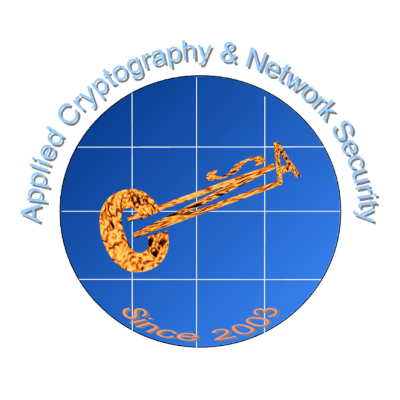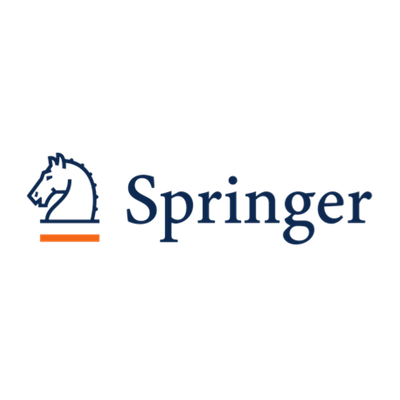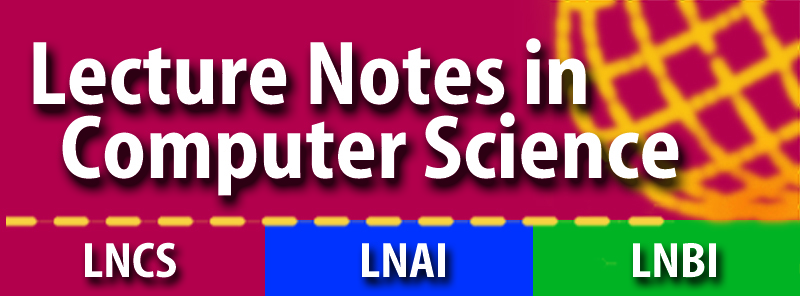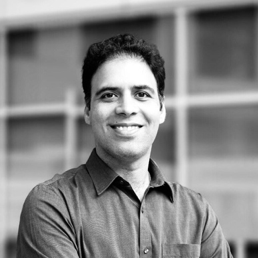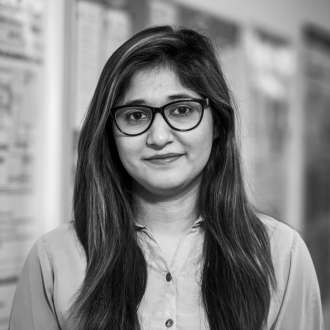Submission
We encourage researchers working on all aspects of AI and HW security to take the opportunity and use AIHWS to share their work and participate in discussions.
The authors are invited to submit the papers using
EasyChair submission system through submission link
https://easychair.org/conferences/?conf=aihws2023.
Every accepted paper must have at least one author registered for the workshop. All submissions must follow the original
LNCS format with a page limit of 18 pages, including references and possible appendices. Papers should be submitted electronically in PDF format. The post-proceedings will be published by Springer in the LNCS series.
The best workshop paper award is selected from all workshops.
Each workshop nominates a candidate paper, and the winning paper is selected among them.
Important dates (AoE)
EXTENDED submission deadline!
Workshop paper submission deadline: Apr 1, 2023
previously Mar 15, 2023
Workshop paper notification: Apr 19, 2023
Camera-ready papers for pre-proceedings: May 1, 2023
Workshop date: June 19, 2023
(in parallel with the main conference)
